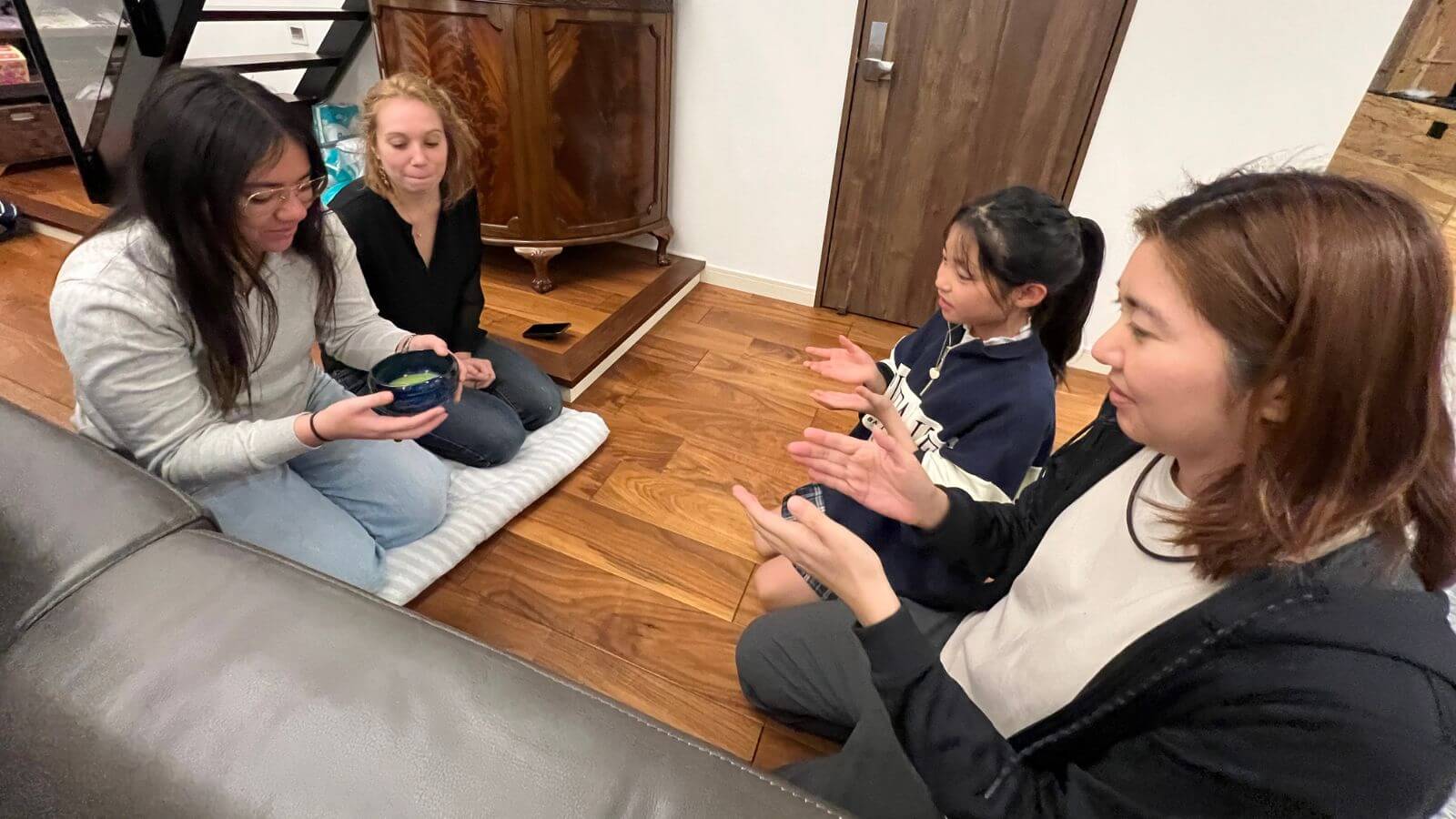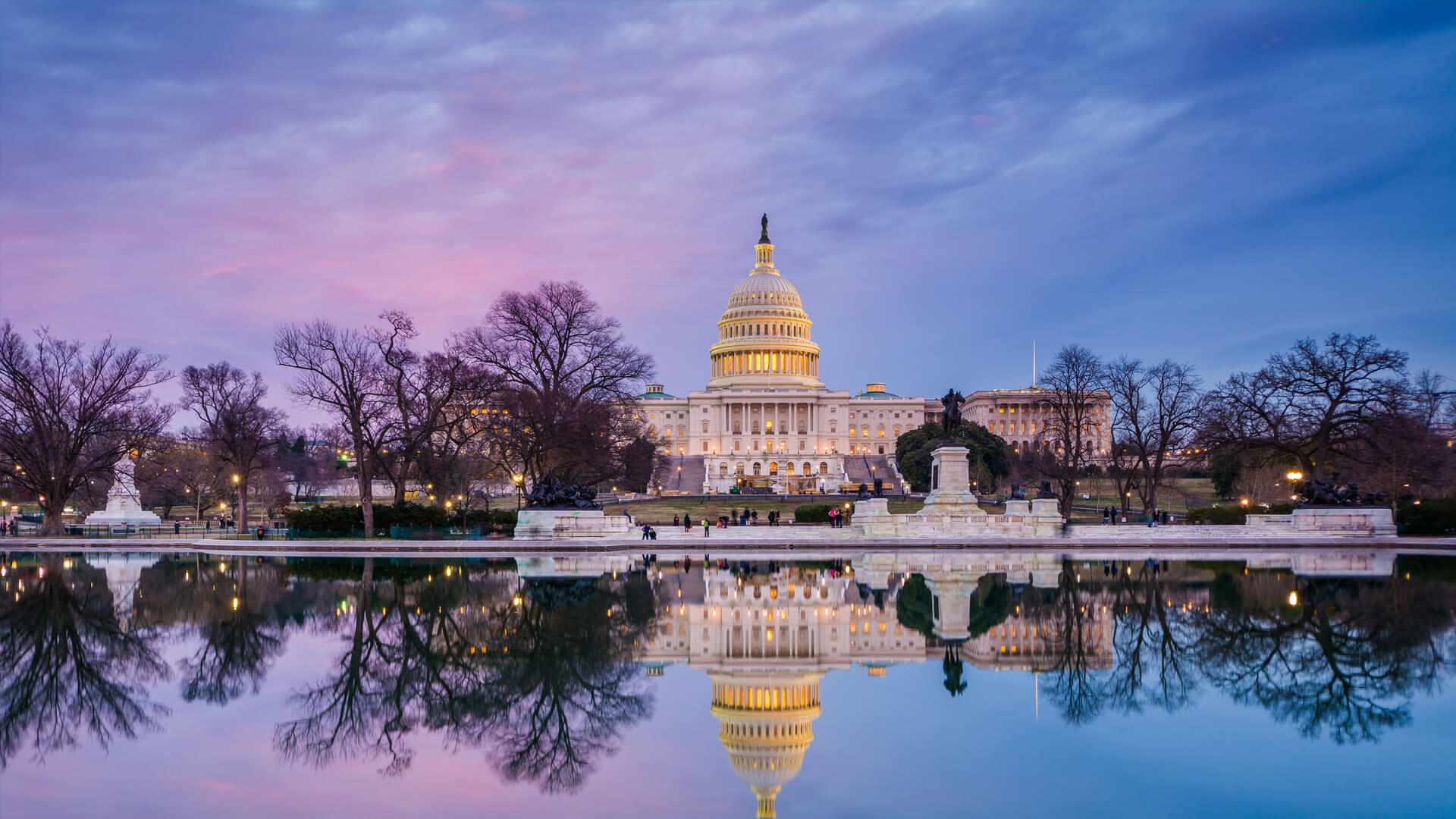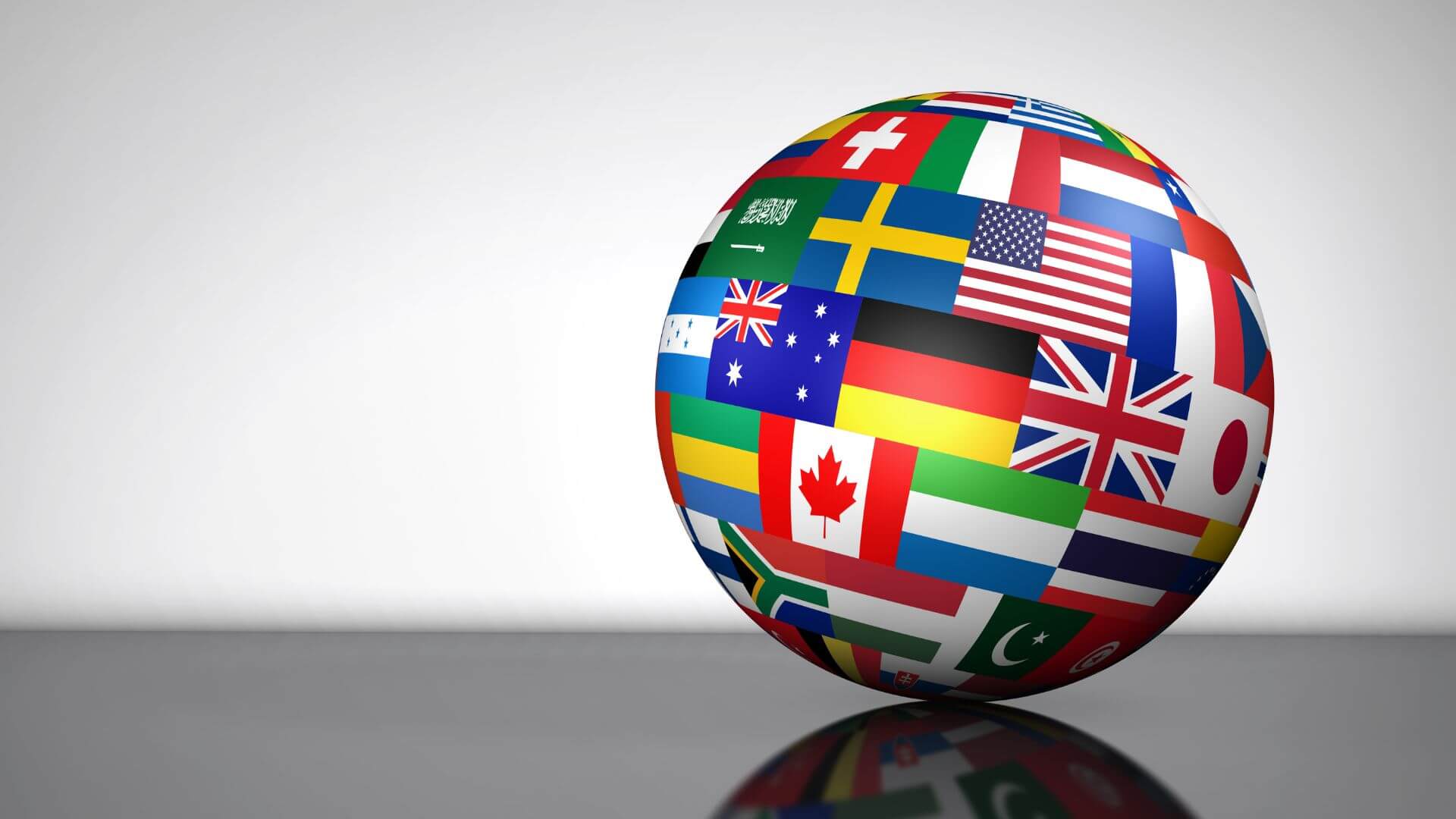Photo credit: Colin Hartnett
The University of Maryland School of Public Policy, along with Georgetown University, the University of Virginia and American University, partnered with the Kakehashi Project to facilitate a unique opportunity for a selective cohort of graduate students to travel to Japan as part of Japan's Friendship Ties Program for a week-long immersion experience. The program aims to promote cross-cultural exchange and build lasting connections between the participating students and Japan.
The initiative is spearheaded by the Japanese American Citizens League and the Japan International Cooperation Center, and aims to foster mutual trust, enhance understanding and cultivate lasting friendships between participants. The program was made possible through funding from the Japan Ministry of Foreign Affairs.
The Japanese word "kakehashi," meaning "bridge," symbolizes the hope for participants to serve as bridges between nations and cultures. Through activities focused on enhancing their understanding of Japanese politics, economy, society, culture, history and diplomatic policy, the students gained insights into the intricacies of international relations in the 21st century.
Upon their arrival in Tokyo on January 9, SPP graduate students Aiden Keenan, Emily Dodge, Colin Hartnett and Ava Zakikhani embarked on a packed itinerary filled with culturally rich experiences. They explored the role of the Japanese government, engaged in discussions with government officials on current policy issues and visited historical landmarks such as the Asakusa Sensō-ji Temple, the National Diet Building and a Buddhist temple nestled within a Tokyo neighborhood.
Colin Hartnett highlighted the educational value of the trip, recounting visits to the National Diet building, briefings at the Ministry of Foreign Affairs and insights gained from lectures by former government officials and a highly-regarded professor. “We were taught about both domestic and international successes and struggles of the Japanese government, including an aging population, a lack of immigration and economic development,” shared Hartnett.
Emily Dodge shared her enthusiasm for experiencing Japan's rich history and culture, including participating in a traditional tea ceremony and trying her hand at weaving in a picturesque village near Nagoya. “This was a once-in-a-lifetime experience,” said Dodge. “We got to see and experience things that ordinary tourists can't, including seeing the central control center for the Shinkansen train … I still have some problems with the Japanese government and some of the stances they take regarding immigration and past war crimes committed, but this trip made it even easier for me to separate a country's people from its government. The Japanese people showed us so much kindness, and I will always remember that.”
For Ava Zakikhani, spending time with a local host family provided a valuable opportunity to unwind and discuss general practices and beliefs. "Despite the language barrier, we engaged in serious discussions on various topics including their perspectives on social dynamics and political opinions in the United States," shared Zakikhani. "This firsthand insight into foreign policy is crucial as I deepen my understanding of the impact the United States has globally. ...It was a meaningful experience that underscored the importance of connecting policy decisions with the people they impact."
Reflecting on his time in Japan, Aiden Keenan emphasized the significance of experiencing public diplomacy firsthand. “My trip to Japan gave me a new perspective on public policy and international relations that I had not previously been able to experience – and it’s a perspective that is so crucial in our ever-developing world,” said Keenan. “The opportunities to experience public diplomacy firsthand were essential in my development as I begin my career in public policy."
The students fully embraced life in Japan, from eating at a revolving sushi restaurant to receiving traditional Japanese kimonos as gifts and exploring a temple adorned with thousands of stone foxes, believed to be messengers for the deity Inari. They also enjoyed stunning views of Mt. Fuji from the high-speed Shinkansen train.
Despite encountering differing perspectives on issues, the students finished the program with a deeper appreciation for the kindness and hospitality of the Japanese people. Once they returned to the United States, the students committed to promoting mutual understanding and collaboration, bridging cultures and fostering meaningful connections between the next generation of public policy leaders and the people of Japan.




